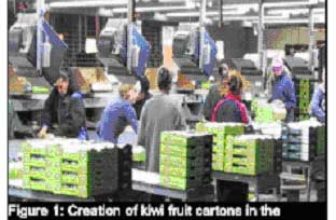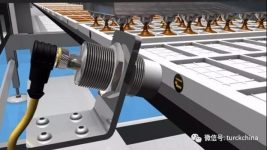
Application of RFID in chocolate production line
[ad_1]
With a high-quality candy production factory, Winkler und Dünnebier (WDS) has become the industry’s top production equipment factory. While maintaining tradition and focusing on quality, continuous innovation is also the key to their success. Today, with the help of Turck’s BL ident RFID system, the company can provide customers with the most optimized production, the best mold and product tracking, and production data management.
All molds are clear at a glance
Chocolate production is a complex process with multiple stages. Winkler und Dünnebier Sü?warenmaschinen GmbH (WDS) therefore decided to introduce RFID as an innovative NFC technology for its candy production.
For this reason, all plastic molds (depending on the factory, the number may reach thousands) are equipped with RFID data carriers. The read/write head is permanently installed in the production line and mobile acquisition system in the warehouse and production area, and can track the progress of each mold through the central control station. Within the production line, a database-oriented RFID system helps ensure the best mold and product tracking, as well as process optimization and production statistics improvement.
All the information collected by the control system is transmitted to the local database of the factory operation server, which stores the data of all the molds in the current production cycle of the production line. The generated information is synchronized with the server for comprehensive mold management and tracking. The complete RFID system includes not only the reading heads on the production machine, but also the reading heads on the mold cleaning station and storage system. If the customer needs, WDS can even use Turck’s RFID reader to modify third-party equipment.
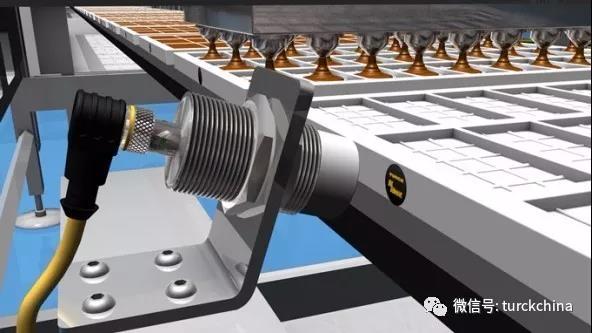
Mold recognition before pouring
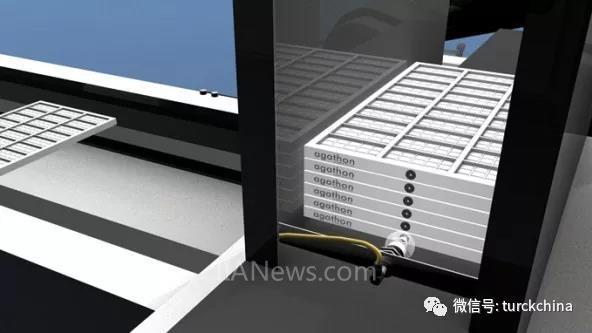
Mold insert
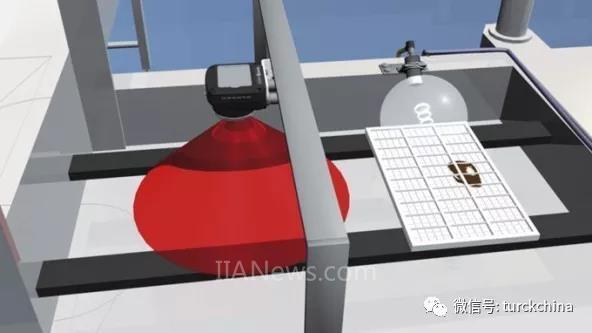
Mold contamination detection after demolding
Data with added value
Today, Turck’s RFID system ensures that the central server database of all WDS machines contains valuable information that can be used to optimize factory production efficiency and production quality. The data pool has a wide range of application possibilities, including optimizing logistics. By clicking the mouse, the system will display the location of each mold, or track the path that the mold travels in the production plant. This allows easy location of potential fault sources.
Turck’s RFID system can also be used to determine production-specific data: for example, molds with higher than average scrap rates or even complete mold groups can be easily identified, and these molds can be automatically picked out. Another application is to compare the production characteristics of a mold set with a specific batch. In addition to quality management, the data pool also provides a wide range of application possibilities for quality monitoring and hygiene guidance in the factory.
The RFID system can easily identify whether the cleaning cycle was performed correctly. Now, the production sequence can be closely tracked through RFID, such as placing molds in a cooling cabinet, or changing molds during the production process for special test samples. If the inserted mold is not suitable for the current production process, the technology can also issue an alarm immediately. The mold can even be changed during the production process: while inserting a new mold into the system, the old mold is ejected. Users can also adopt freely combined mold and tool group production schemes to improve production flexibility.

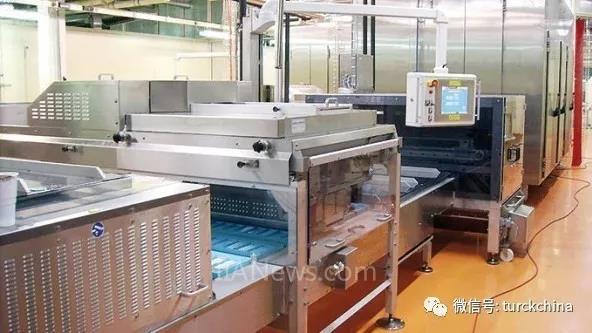

[ad_2]




